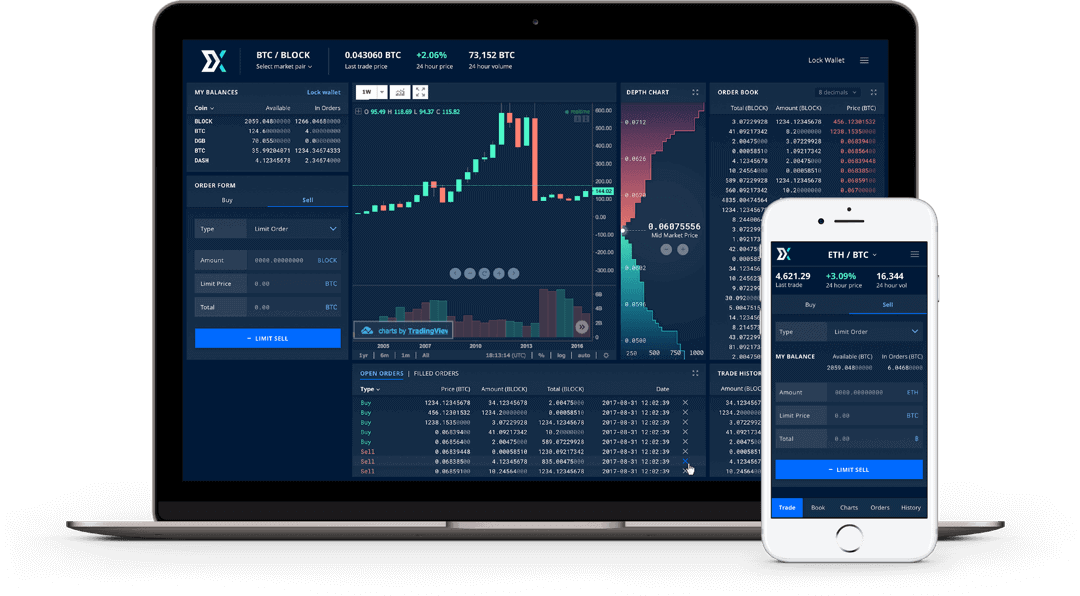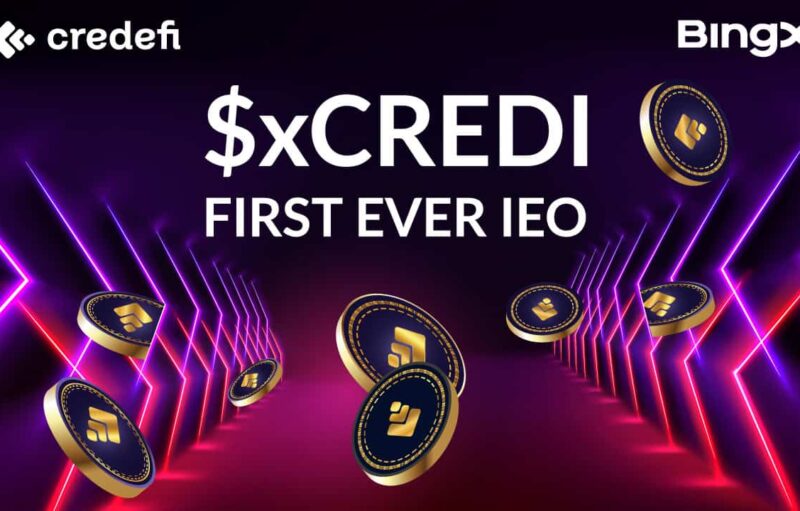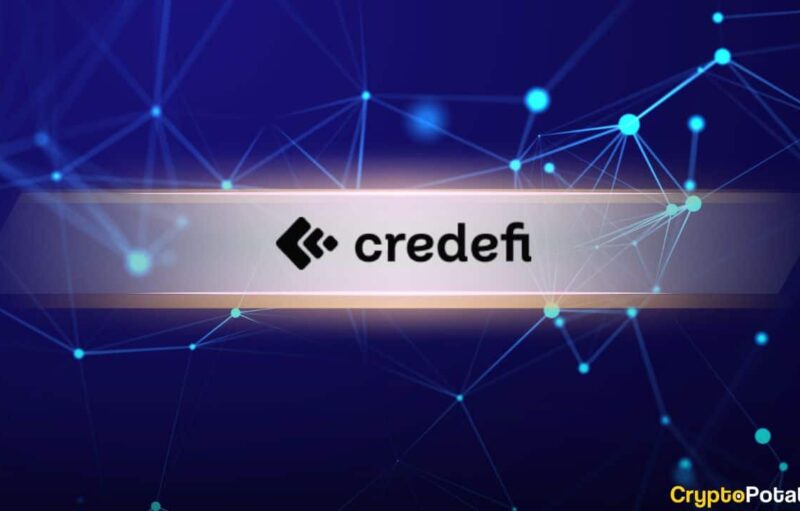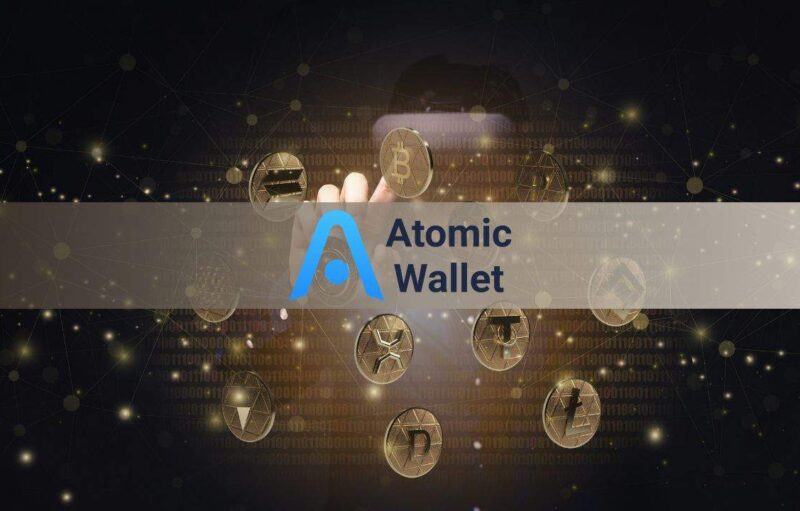[Featured Content]
Exchange platforms are essential components of the crypto world. These platforms provide a place for crypto investors to trade or swap their cryptos and can either be centralized or decentralized.
Centralized exchanges require intermediaries and often require KYC procedures, which means that traders cannot remain anonymous when transacting. Besides, in the case of an exchange breach, traders have their funds and information exposed to hackers.
Decentralized exchanges aim to counter these issues. However, most of the platforms that claim to be decentralized often have their network servers and other core operations centralized. Block DX is an exception to these platforms. The exchange provides a trustless and truly decentralized platform for users to trade across different blockchains. So, what is Block DX all about, and how does it achieve true decentralization. This article provides more in-depth insight into the exchange and all that it has to offer.
What is Block DX?
Block DX is a trustless, decentralized exchange platform that makes it easier for crypto users to trade their cryptocurrencies without an intermediary. Block DX is built on the Blocknet Protocol, and unlike other exchanges that claim to be decentralized, the platform decentralizes every component. What this means is that you get decentralized storage of funds, order books, settlement, governance, and even order matching.
Using Block DX, you will always have your coins, and you get to trade them directly from your wallet. Other exchanges, especially centralized ones, always make money whether the crypto markets are surging or failing. In Block DX, peers on its network (Service Node Operators) are the ones to make a profit. All the trading fees generated from the exchange are distributed to service nodes.

Understanding Blocknet Protocol
Blocknet Protocol is the blockchain interoperability protocol that powers the decentralized exchange. The protocol comes with some unique features that ensure private and public blockchains can communicate and interact. Blocknet started in 2014 and over the years of its existence, has served as an open-sourced project that connects different blockchains, communities, and markets.
The Blocknet is truly decentralized in that no company or foundation can claim the protocol. Stakeholders of the protocol govern the Blocknet. As such, anyone who has a stake in it holds the ability to make decisions. Additionally, the Blocknet is open-source, which means that anyone can contribute to the development, collaboration, tools and services.
Block DX utilizes XBridge Protocol to ensure that trades are fair regardless of the trustworthiness (or lack thereof) of the parties trading coins. XBridge may also be combined with the use of XRouter, Blocknet’s communication layer, to interact with virtually every blockchain in a decentralized manner. The entire process doesn’t require any derivatives or proxy tokens, as is the case with other exchanges that claim to be decentralized.
Block DX Tokenomics
The platform’s native token is BLOCK and is the power behind all the services on Block DX. Network fees on the exchange are paid in BLOCK. BLOCK holders can stake any amount of their tokens in the platform’s wallet. Stakers receive 1 BLOCK for every new block solution they provide to the network, and the probability of their staking a block is proportional to the number of BLOCK they own relative to the total coin supply. Users who would want to receive XRouter and Block DX fees must own 5000 BLOCK tokens and run a service node on the network.
Blocknet uses a Proof of Stake (PoS) system and creates one BLOCK per minute block time. From this, there will be 525,600 new BLOCK tokens created annually. BLOCK has a current circulation of 7,040,4999 tokens. Although there’s no limit to its supply due to the PoS system, BLOCK has a maximum limit to inflation and (in the long term) is deflationary, since 525,600 BLOCK becomes a smaller proportion of the total coin supply with every year that passes.
Besides the staking rewards and service fees, BLOCK serves as collateral and is used for transaction fees and governance on the Blocknet Network. Users can acquire BLOCK tokens by purchasing from different exchanges – including Block DX of course.
Key Features of Block DX
Block DX comes with a variety of features that make it stand out from other exchanges. Here are some of the essential elements that make Block DX unique.
- Truly Decentralized
Block DX uses the XBridge Protocol to decentralize the four critical components of an exchange; funds storage, order books, order matching, and settlement. Most exchanges that claim to be decentralized have either one or some of the components centralized. Block DX aims to be truly decentralized by targeting all four core functions of exchanges and ensuring they are decentralized.
Crypto users on exchanges that require an intermediary usually trade on trust. What this means is that they have to rely on and trust a third-party for them to take part in their trades. Often, this interaction will require that they complete KYC checks and provide proof of identification. Block DX requires no middlemen and ensures that users are in complete control of their funds. They get to make all trading decisions locally and complete transactions directly from their wallets.
- Open-Source
Block DX is powered by Blocknet Protocol, which is an open-source community-powered project. As such, the decentralized exchange is also open source, and any member of the community can contribute, audit, and review the exchange. The open-source nature is advantageous in that traders can scrutinize the code to ensure the security levels are in check before trading on the platform.
- Cross-Chain
Block DX doesn’t limit its users to only trade on specific blockchains only. The platform supports more than 100 digital assets from different blockchains and provides complete trading pair freedom. Therefore, traders on the platform can trade between different chains. In fact, any coin project can freely integrate and list its token without requiring permission from anybody.
Block DX provides the ideal platform for crypto traders who would like to maintain their privacy when completing transactions on different blockchains. If you have been looking for a decentralized exchange that gives you complete control over your funds, you might want to try out Block DX, the first trustless, decentralized exchange platform.
Disclaimer: This is a contributed featured article and should not be taken as investment advice
Click here to start trading on BitMEX and receive 10% discount on fees for 6 months.
The post appeared first on CryptoPotato






